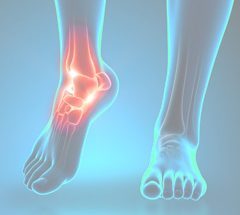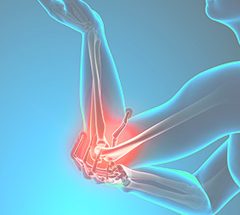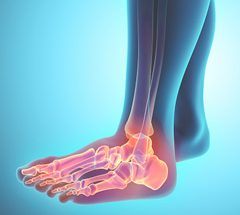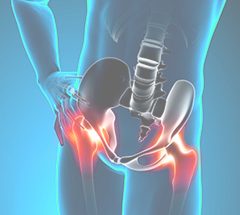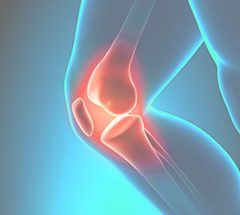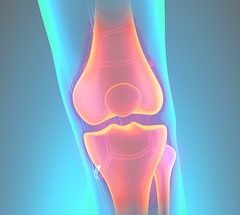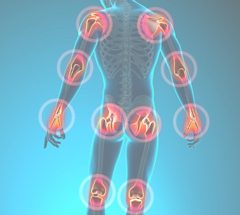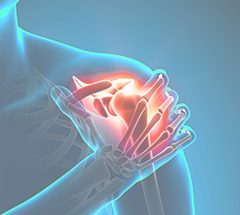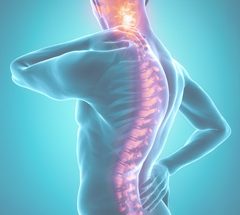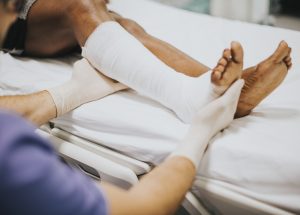Degenerative Discs
When the discs between the vertebrae in your back dry out, they can push against your nerves and cause severe pain.
The discs that sit between the five vertebrae in your lumbar spine allow your spine to be flexible. These discs are made up of two types of cartilage: a tough outer part, and a more “jelly-like” inner part. This inner cartilage acts as a shock absorber.
Normal discs absorb water so they can stay hydrated. Over time, though, discus can become dried out (dessicated) and act like flat tires. If this flattened disc material pushes against your nerves, you can experience severe pain down your leg or legs, known as radiculopathy. Patients will often describe the onset of these symptoms after they were lifting something, bending, and/or twisting their backs.
Diagnosis
The orthopedic specialist may suspect a diagnosis when a patient complains of pain radiating from the back down the leg. Patients will also commonly complain of numbness, tingling, and burning down their legs. They may also have muscle weakness.
After a detailed examination, the physician will evaluate the initial diagnosis with plain X-rays and can confirm it with an MRI or CT of the lumbar spine.
Treatment
Luckily, most degenerative discs do not require surgery. Therefore, many patients can initially be treated with pain management, physical therapy, and activity modification.
Patients with more severe or persistent symptoms may benefit from an epidural spinal injection. Patients with very severe pain and those who do not achieve long-lasting pain relief from injections may be candidates for surgery.
Sometime when a disc degenerates, it can lead to one vertebrae slipping on another. This is called a spondylolisthesis and will sometimes require surgery to treat the instability. Your surgeon can go into more detail about your treatment options.





